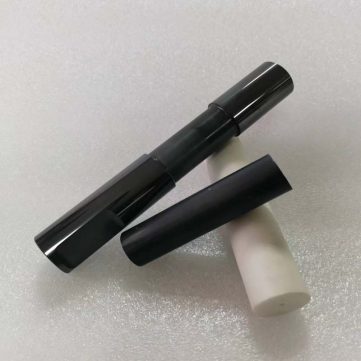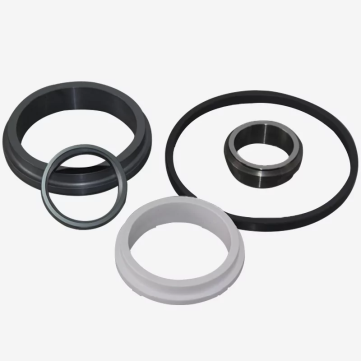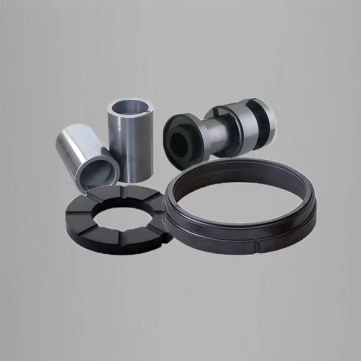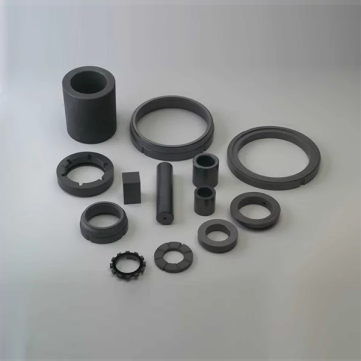You might not know that something as simple as a mechanical seal can require a lot of thought to buy the perfect one. In this article, we go over the importance of choosing the right mechanical seal component for your application and give tips on finding the best one.
How to Identify the Best Seal for Your Application
There is no one-size-fits-all answer to this question, as the best seal for a given application will depend on the specific needs and specifications. However, some general guidelines can help you identify the best seal for your application.
First, you need to consider the type of application in question. For example, mechanical seals for oil and gas pipelines typically require a higher resistance to friction and wear than those used in water or air applications. In addition, certain seals may be better suited to cold environments, while others are better suited to warmer temperatures.
Second, you should consider the specific specifications of your application. For example, mechanical seals for water systems must resist fouling and corrosion. In contrast, those used in gas pipeline applications must withstand high pressures and temperatures.
Third, you should review the available seal options available on the market. This will help you decide which option best suits your specific needs and specifications. There are various seal types available on the market, including but not limited to: o-rings, gaskets, plugs, clamps, and rings.
Factors to Consider When Choosing a Mechanical Seal
- What is the purpose of the seal?
The purpose of a mechanical seal can vary, but most are designed to prevent fluid leakage and reduce friction.
- What are the benefits of using a mechanical seal?
Mechanical seals can provide many benefits, including:
– Reduced noise and vibration – A properly functioning seal reduce noise and vibration levels in an engine or machine, making it more efficient and less worn on equipment.
– Increased efficiency – A well-functioning seal can also increase an engine’s or machine’s efficiency by reducing heat buildup and contamination.
– Reduced downtime – A malfunctioning seal can lead to extended downtime due to equipment failure or required repairs. Mechanical seals can help reduce these costs by ensuring equipment stays operational while repairs are made.
– Improved safety – In some cases, a malfunctioning seal can cause hazardous pressure buildup, leading to dangerous situations. Mechanical seals can help protect employees from potential harm by preventing fluid leakage.
Conclusion
Finding a supplier who offers great prices and quality seals is essential for success in this market. Luckily, you have JUNTY got you covered. So don’t hesitate to contact us on the website!






